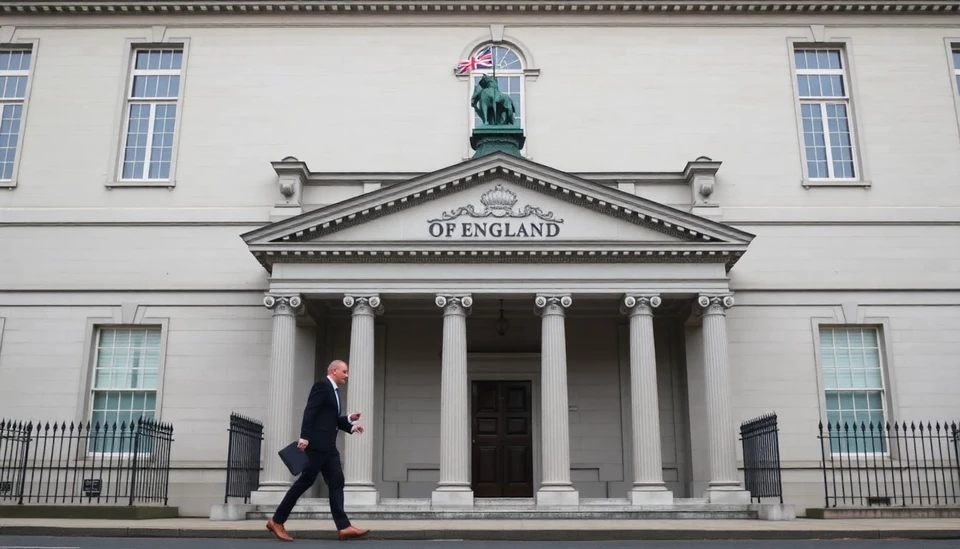
As financial markets remain in a state of suspense, investors are closely monitoring the Bank of England's (BoE) forthcoming decision regarding interest rates, particularly in light of the newly introduced UK budget. With many analysts contemplating whether the budget will impede potential rate cuts, the atmosphere is charged with uncertainty.
The BoE has been faced with the challenging task of navigating a complex economic landscape shaped by inflationary pressures, fiscal policy changes, and global market dynamics. The budget proposed by the UK government has raised questions about its implications for economic growth and inflation, leading to speculation on whether it may influence the central bank's ability to lower interest rates in the near future.
Recent economic indicators have shown mixed signals, with inflation rates remaining stubbornly high, yet the labor market displays signs of resilience. This duality complicates the BoE's decision-making process, as the central bank seeks to curb inflation without stifling economic growth. Investors are particularly keen to see how policymakers will respond to the government's fiscal strategies and the potential ramifications for borrowing costs.
The upcoming announcement from the BoE is likely to address these critical issues, as officials analyze economic data in the context of the new budget. Traditionally, the central bank aims to strike a balance between maintaining price stability and supporting growth. However, the latest budget has introduced a host of variables that could sway the bank's decision toward either holding rates steady or initiating cuts.
Market watchers suggest that if the BoE perceives the budget as a barrier to achieving its inflation targets, it might refrain from aggressive rate cuts, potentially leading to a tightening of financial conditions. Conversely, if the central bank finds the budget conducive to growth while containing inflation, it may pave the way for a more accommodative monetary policy.
The expectations leading up to the BoE's decision reflect a broader concern among investors regarding how fiscal policies intertwine with monetary strategies in today’s volatile economic climate. The outcomes of this important deliberation could have widespread effects, shaping investor sentiment and market trajectories in the months to come.
As the anticipation builds, the fate of interest rates remains uncertain, and all eyes are on the Bank of England for guidance on future monetary policy directions.
#BankofEngland #InterestRates #UKBudget #MonetaryPolicy #Investors #EconomicOutlook #Inflation #MarketWatch
Author: Laura Mitchell




